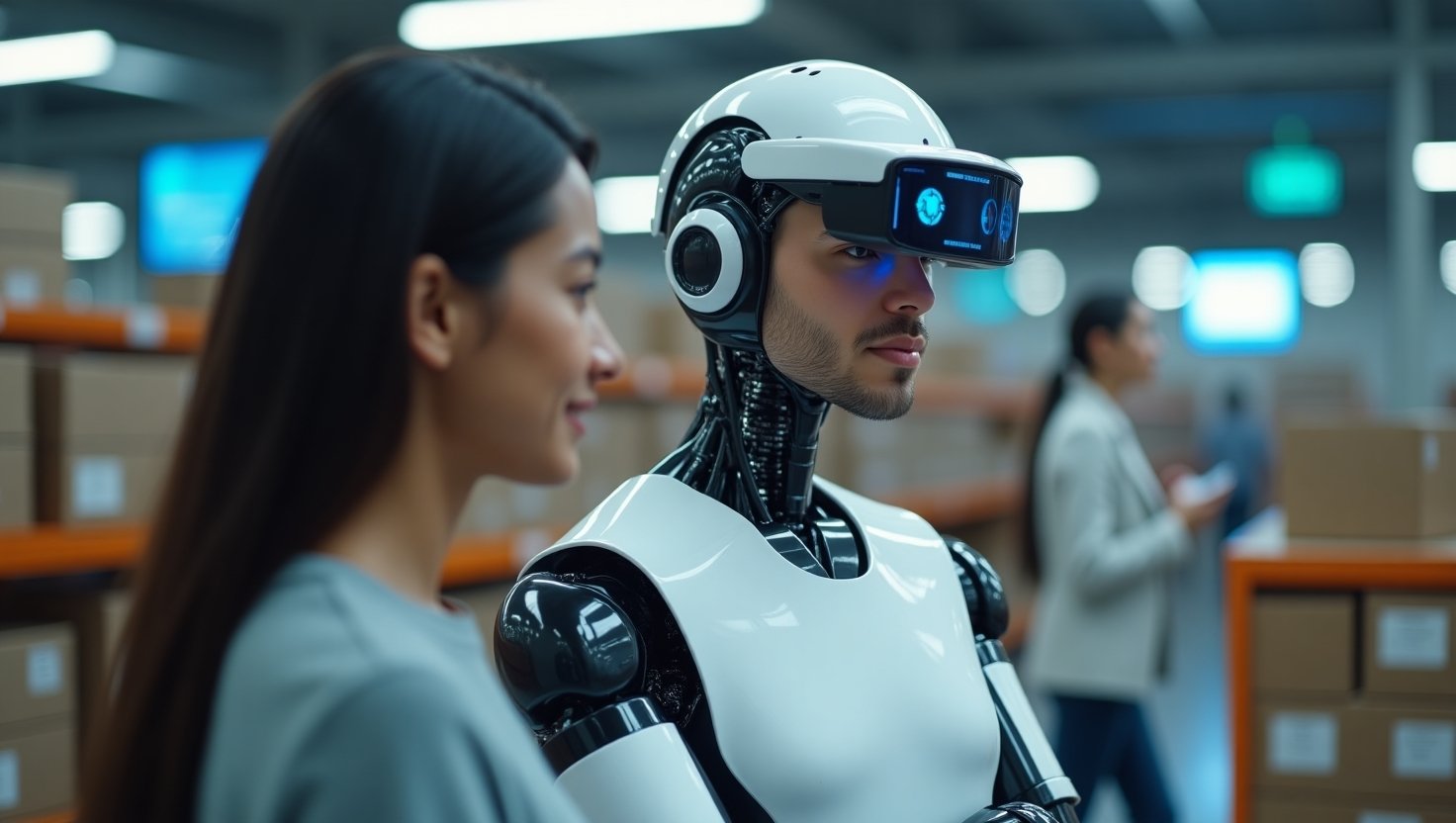AI and the Future of Retail: Transforming the Supply Chain
The rapid integration of artificial intelligence within the retail supply chain heralds a new era of innovation and efficiency. As retailers grapple with shifting consumer expectations and competitive pressures, AI supply chain technologies such as AI optimization, retail logistics enhancements, and future-focused retail strategies are becoming indispensable.
The Current Landscape of AI in Retail
Retailers like Dollar General and Walmart are at the forefront of leveraging AI to drive transformation across their supply chains. Dollar General, for instance, recently appointed Travis Nixon as its senior vice president of artificial intelligence optimization, a move aimed at overhauling its supply chain, store operations, and merchandising processes. This strategic integration of AI has contributed to Dollar General’s notable 5.1% growth in net sales year-over-year source. Similarly, Walmart has introduced AI-powered shopping experiences that enhance both in-store and online shopping, such as advanced item location tracking and dynamic deals through its app, fueling increased customer engagement and expenditure source.
These examples underscore a broader trend: AI is no longer just an add-on but a core component of retail logistics and operations. Much like the introduction of barcodes revolutionized inventory management decades ago, AI is poised to redefine how supply chains operate today.
AI Optimization: The Key to Retail Efficiency
AI optimization plays a critical role in addressing the inefficiencies and challenges across the retail supply chain. By harnessing AI, companies can analyze vast amounts of data to predict demand more accurately, optimize inventory levels, and reduce wasted resources. For instance, algorithms capable of real-time analysis and demand forecasting can ensure that products are consistently available on shelves, reducing stockouts and improving customer satisfaction.
Consider a scenario where a retailer uses AI to forecast the demand for winter coats based on weather patterns and historical data. By optimizing inventory and distribution accordingly, not only does the retailer mitigate risks associated with overstocking or stockouts, but it also enhances its ability to swiftly respond to changing market dynamics—a necessity in the competitive retail landscape.
The Future of Retail Supply Chains
Looking ahead, the role of AI in shaping the future of retail supply chains is both promising and transformative. As AI adoption continues to grow, its impact will extend beyond mere efficiency improvements to enabling entirely new business models and customer experiences. Retailers could potentially employ AI-driven robots for warehouse automation or create virtual shopping assistants that utilize real-time inventory data to guide consumer choices.
Moreover, the impact of AI on supply chain sustainability cannot be overlooked. As environmental concerns rise, AI algorithms can optimize logistics networks to minimize carbon footprints, align with eco-friendly practices, and meet consumer expectations for sustainability.
Ultimately, the full potential of AI in the supply chain will only be realized with continued investment in technology and a willingness among retailers to embrace change. As industry leaders like Dollar General and Walmart demonstrate, those who actively integrate AI strategies today are not just preparing for future challenges but are poised to lead the way in the evolving retail landscape.
AI Shaping Tomorrow’s Retail
As we move into an era where technology blurs the lines between physical and online retail, the integration of AI within the supply chain promises profound impacts on both operational efficiency and consumer engagement. Forward-looking retailers that effectively harness AI’s potential will not only enhance their competitive edge but also redefine their roles in the marketplace, setting new benchmarks for supply chain management and customer satisfaction.
In conclusion, the trajectory of AI in the retail supply chain is a transformative journey comparable to the industrial revolution’s reshaping of economies. Retailers that leverage AI optimization and embrace these changes are better equipped to meet the demands of tomorrow’s market, ensuring their success in an increasingly digital and dynamic world.










